
Unstable, fragile but daring together
Emma Hedditch Howard Slater Laurie Pitt Liam Casey Mattin
Instead of the one-way monologue of normal performance, what would be the result of an actual collective dialogue? Where would it go?
Arika have been creating events since 2001. The Archive is space to share the documentation of our work, over 600 events from the past 20 years. Browse the archive by event, artists and collections, explore using theme pairs, or use the index for a comprehensive overview.

Instead of the one-way monologue of normal performance, what would be the result of an actual collective dialogue? Where would it go?

IN OUR LIFETIME, is an anti-imperialist resource, edited by Hussein Mitha, produced by Arika for Episode 11, featuring poetry, essays, questions, prompts, letters and works of anti-colonial imaginary.
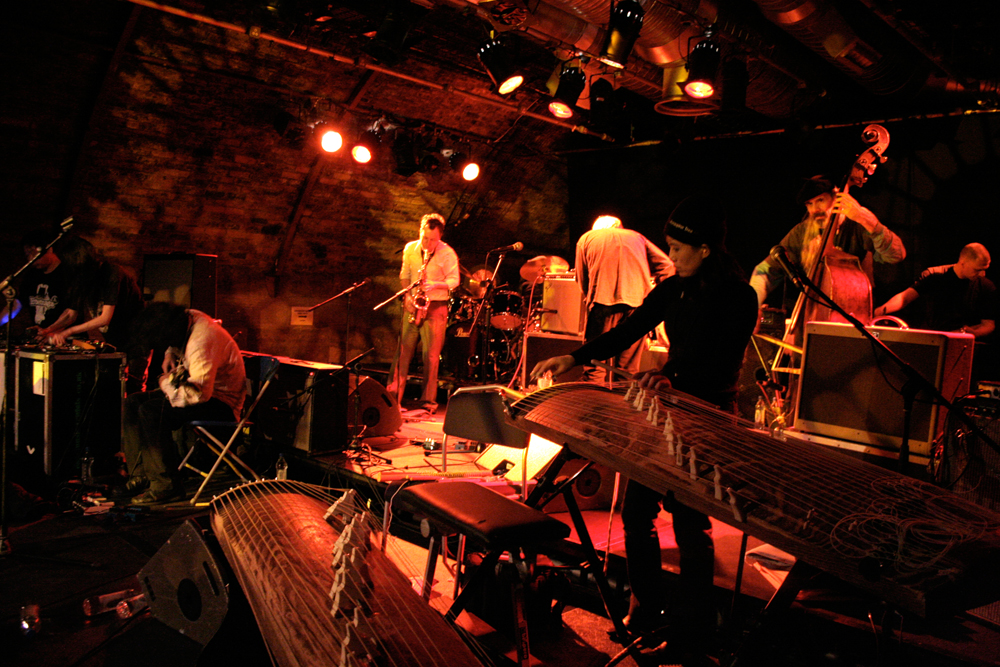
We wanted to ask a bunch of the best high-energy-improvisers around; can musical form really taking shape via a group energy? Can individual concentration lead to a group consciousness?
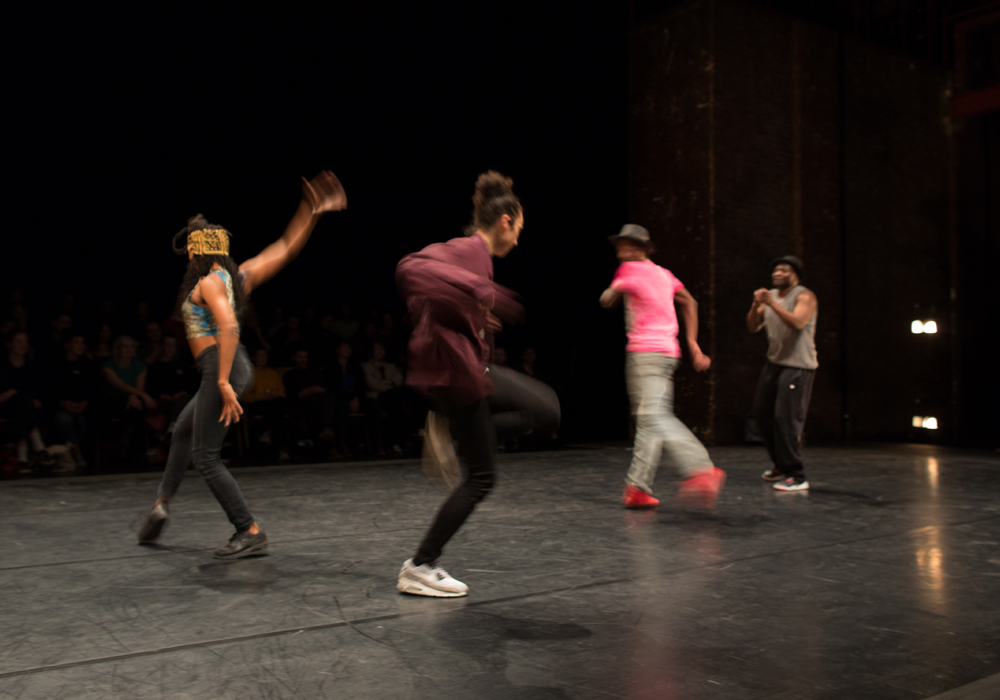
In which Storyboard P and members of Project X pick a song, freestyle to it, chat with us about what dancing means to them, then pick another song, freestyle, chat, repeat…
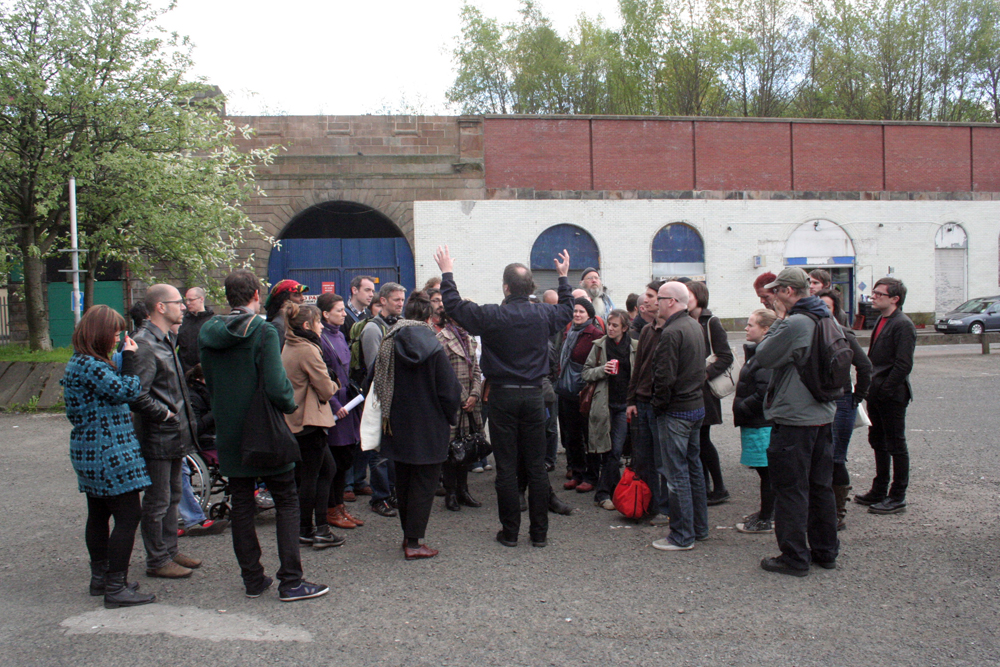
A public walk from George Square to the Barras market bringing contributions from researchers, activists and artists in a form of live critical praxis

60 cycle hums, jagged static cracklings, and clipped electron pinpricks, mutating them into sublime, post-techno grooves

Three documentary films exploring diverse realities of sex workers around the world followed by a closing ceremony of the festival.

Rather than asking the state for services, what kinds of change are made possible when we prioritise people supporting each other?
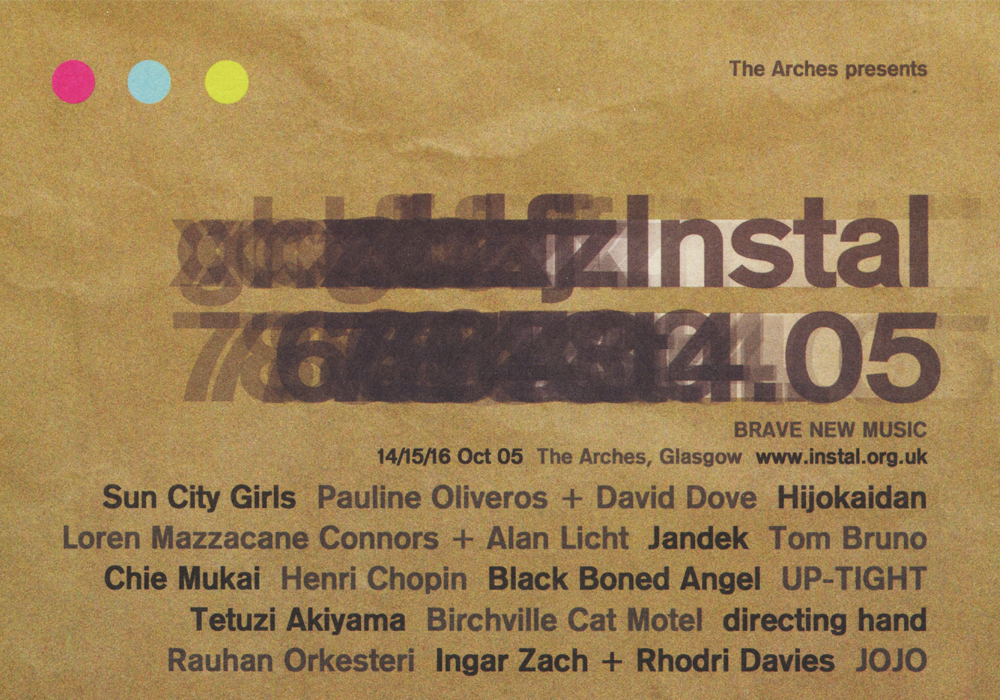
A cast of pioneering spirits over an expanded three day festival including Jandek (one year on from his first ever show at INSTAL 04), JO-JO, Tetuzi Akiyama,Tom Bruno, Pauline Oliveros, a legendary Hijokaiden performance and Henri Chopin.
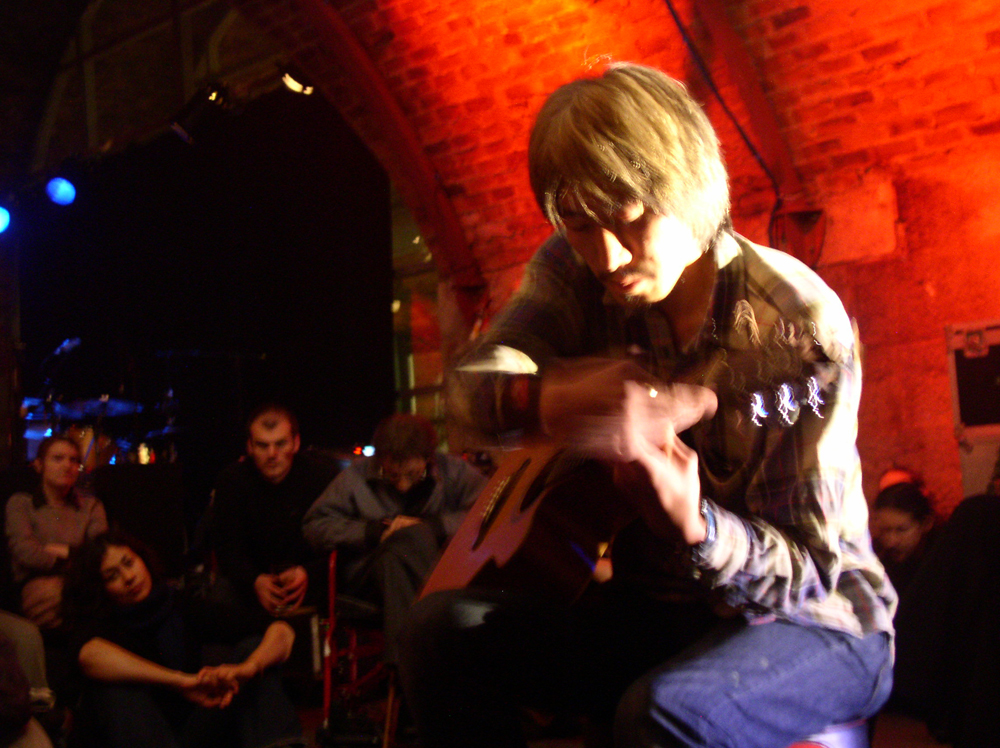
An contradictory guitarist, he’s equally at home in slow, halting acoustic improvisation or piercing minimal examinations of electric guitar.

Summer Solstice hang out IRL and URL on 21 June

A film performance about Guy then, and Guy now, as a metaphor for the passing of time, which of course all film is inherently about.